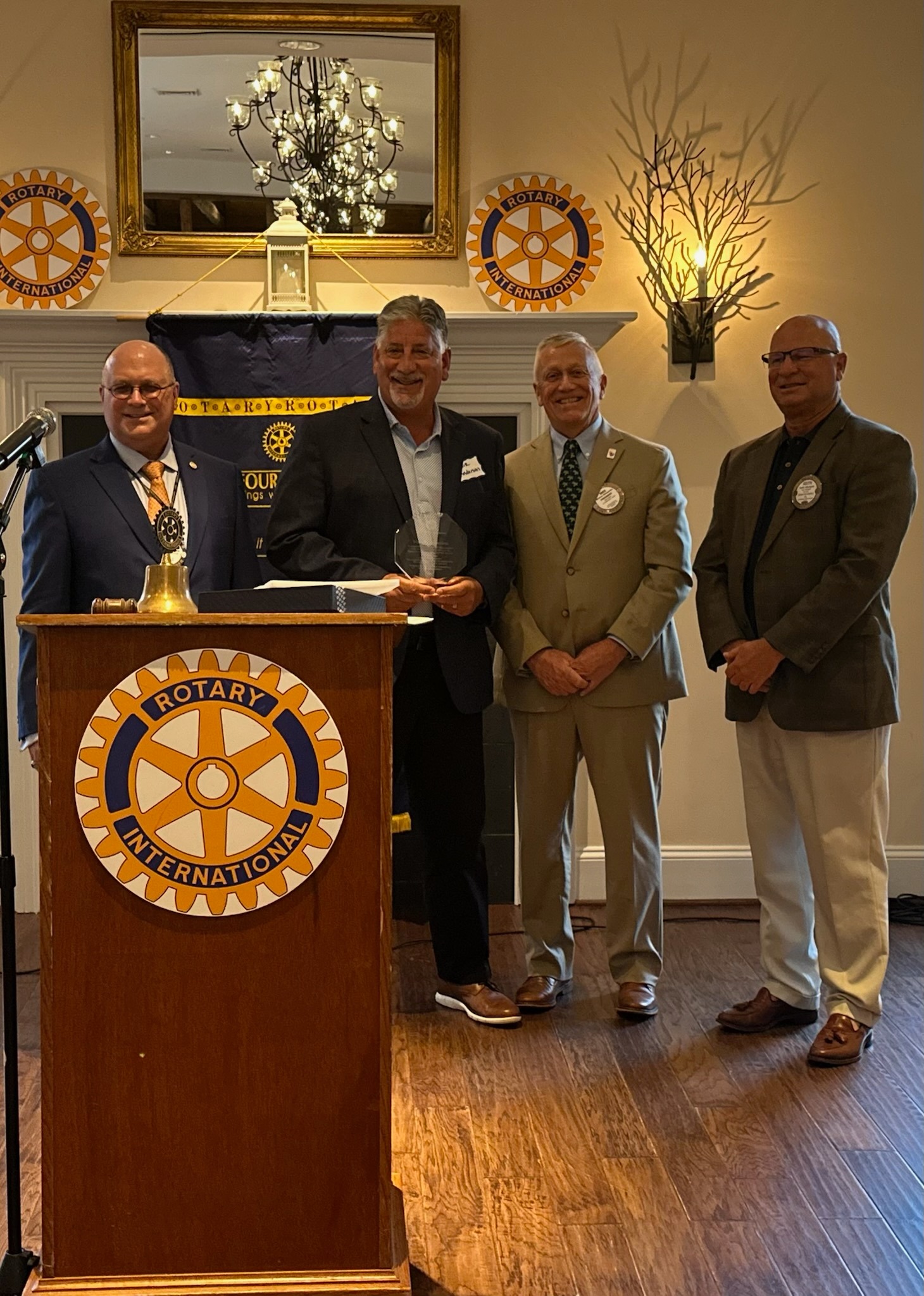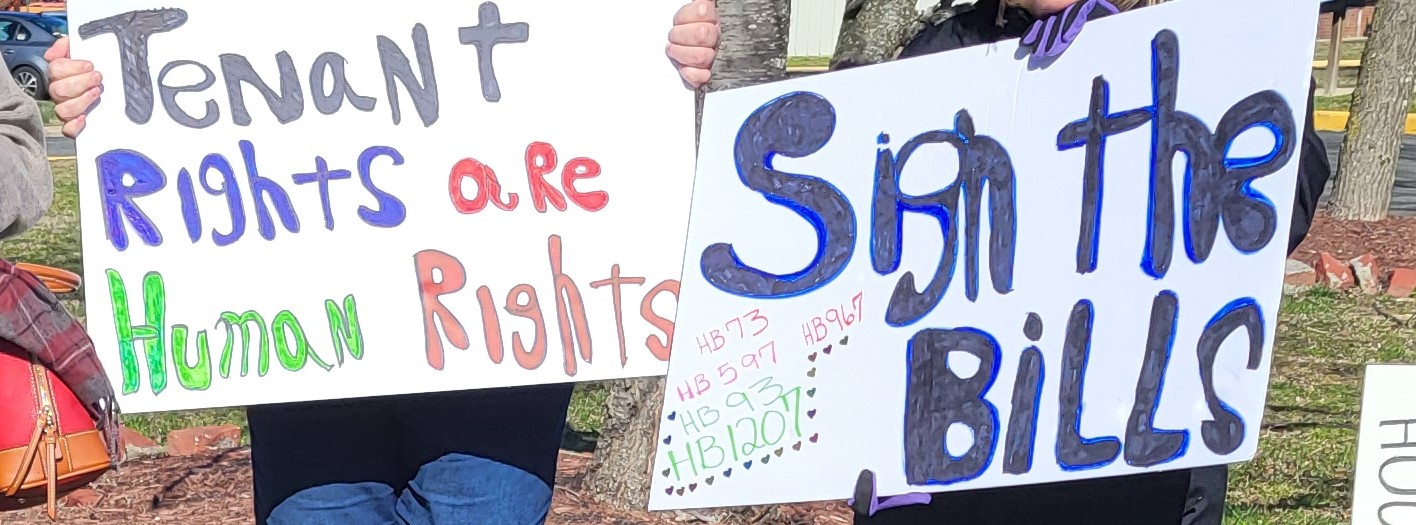
Outpatient services provided on a hospital campus can also be reimbursed at the hospital rate.
by Adele Uphaus
MANAGING EDITOR AND CORRESPONDENT
Under the current Medicare reimbursement system, Mary Washington Healthcare can be reimbursed at a higher level for outpatient services provided at a building located on its campus or within 250 yards of its main building.
That’s because Medicare reimburses hospitals at a higher rate than it does individual physicians—about double the rate, according to a February 13 NPR story.
The Center for Medicare and Medicaid Services (CMS) sets hospital payment rates based on the “hospital market basket index,” an inflationary measure of the cost of goods and services purchased by health care facilities. The hospital payment rate, per CMS, rate increased 3.8% in 2023.
Hospital-owned practices that are not on a hospital campus receive reimbursement under the Physician Fee Schedule, which as of 2015 is no longer updated annually based on inflation.
Instead, Congress in 2015 established a fixed schedule of annual physician fee increases that is tied to other measures, according to the American Enterprise Institute. These increases aren’t keeping pace with inflation.
But outpatient services provided at facilities located on a hospital campus—or within 250 yards of a hospital—can receive reimbursement for services at the hospital rate, according to CMS.
Hospitals are also able to charge a “facility fee” for services provided in outpatient or office settings that they own, even if they are not located on the hospital campus.
Mary Washington Healthcare does this. According to a bill for services provided at Mary Washington Internal Medicine that was shared with the Advance, a $50 charge for “specialty services” was added to a patient’s bill.
The patient’s total bill was for $219, meaning the facility fee made up 20% of the cost of the visit.
According to its 2022 tax return, which is available on ProPublica, Mary Washington Healthcare, which is a tax-exempt nonprofit, had a total revenue of $835.6 million, including revenue from services, investment income and grants. It had $838.7 million in expenses, leaving a net income of $-3.1 million.
It reported $227.5 million in revenue from Medicare and $278.5 million in Medicare-allowable costs, leaving a Medicare shortfall of just under $51 million.
The hospital’s Medicare shortfall in 2021 was $15.1 million and in 2019, was $37.2 million.
Site-neutral payment
The U.S. House of Representatives in December passed bipartisan legislation that would require Medicare to reimburse at the same rates for some medical services, such as chemotherapy, whether the services are provided in a hospital or not.
The legislation is now being debated in the Senate and is opposed by the American Hospital Association, which describes such “site-neutral payment policies” as “payment cuts.”
“Current Medicare payment rates appropriately recognize that there are fundamental differences between patient care delivered in hospital outpatient departments (HOPDs) compared to other settings,” the AHA wrote in a statement it provided to House Committee on Energy and Commerce subcommittee hearing on the legislation.
“The cost of care delivered in hospitals and health systems considers the unique benefits they provide to their communities, and which are not provided by other sites of care. This includes investments made to maintain standby capacity for natural and manmade disasters, public health emergencies and unexpected traumatic events, as well as delivering 24/7 emergency care to all who come to the hospital.”
The healthcare consumer advocacy group Families USA argues that the current Medicare reimbursement system incentives hospitals to buy up physician practices.
“A particularly problematic result of this payment disparity is when large hospital corporations take advantage of site-specific payment differences by buying up doctors’ offices and ‘rebranding’ them as hospital outpatient departments so they can charge more for care,” the group said in a statement in support of site-neutral payment.
According to a 2022 report conducted by the Physicians Advocacy Institute, hospitals now own 26.4% of physician practices and other corporate entities own 27.2%.
Nearly three-quarters of physicians are employed by hospitals or healthcare systems, the report found, and hospitals and other corporations acquired 36,200 additional physician practices between 2019 and 2021—a 38% increase in the percent of corporate-owned practices.
Mary Washington Healthcare has purchased at least 11 physician practices since 2020, including Virginia Oncology Care; Mussey, Sarber and Associates; Fox Therapy Center; Chancellor Internal Medicine; Rappahannock Family Physicians; Neurology Associates of Fredericksburg; and Surgical Associates of Fredericksburg.
Three of these—Rappahannock Family Physicians, Fox Therapy Center (now known as Mary Washington Pediatric Therapy), and Neurology Associates of Fredericksburg (now known as Mary Washington Neurology)—are practices located on or next to the MWHC campus.
In an interview with the Advance last week, Eric Fletcher, senior vice president and chief strategy officer with MWHC, said, “There’s not a single practice that didn’t come to us and ask us to acquire their practice. Not a single one.”
“They come to us and say they want to be a doctor and not worry about (managing a practice,” Fletcher said. “We’re helping them go back to being a doctor and taking the administrative burden out from under them.”
Fletcher said the MWHC campus will “probably increasingly become medical space over time.”





